Japanese Customs, what should we consider?
Learning to behave is one of the first things you are taught at home and in school. Keeping your room clean and being willing to help others are just two examples of the many lessons your parents and teachers taught you. Every culture has its own customs, and good manners or correct etiquette play an important role. Japan has adopted many Western customs over time, but some that remain you might consider to be unnecessary or you have never even heard about them. Although Japanese will forgive you a few mistakes here and there, it is best to be courteous and to avoid experiencing any awkward moments here are some customs to keep in mind for when you come to visit Japan.
Case #1: Public Transportation
Public transport is something you will use in order to move from one place to another in Japan. Like many other countries Japanese public transport has seats specifically reserved for elderly, children, pregnant women and passengers with disabilities and you will notice that even when every other seat is occupied people do not take these seats to avoid having that uncomfortable moment when one of the aforementioned persons wishes to take a seat. Another noticeable custom is the respectful silence people abide when on the bus or train as they avoid talking loudly and do not use their cell phone. Of course Japan is no exception when it comes to young people and others who are coming back from a nights out to be a bit too excited and loud, but remember you are still a guest and it is courteous too avoid copying such behavior. Coming back to the topic of public transport, there are also clearly marked carriages for women only (to avoid certain unwanted conduct during rush hours). If you are travelling with female friends or your wife/girlfriend it would be best to just board a regular carriage in respect to the women using this special carriage.
Case #2: Dining out
Continuing to the topic of dining out, certain restaurants ask you to take your shoes off before entering so it is wise to take a quick look if the staff or other guests have taken their shoes off before going in. If that’s the case, there will usually be a pair of slippers or other light footwear waiting for you inside. For those who are not accustomed to eating with chopsticks, it is in no way frowned upon to ask for other cutlery to eat with yet I would recommend bringing extra cutlery with you in case the establishment does not have them. When eating rice bowl with chopsticks never stick the chopsticks in it since this tends to remind people of incense sticks used during funerals. When you are done eating and wish to go pay your bill you will notice that the staff has left a ticket on your table when they brought your order. The next step would be to go to the counter where they will calculate the exact amount.
Blowing your nose when you are sick is another tricky custom as it is frowned upon in Japan. The noise is considered ill-mannered in public, so you might notice people going to the bathroom or wait till they are alone before blowing their nose. The issue revolving bodily sounds has become so sensitive that companies producing washlets have added the option to reproduce the sound of a waterfall with an additional option to increase the volume so other people do not hear anything.
Case #3: Smoking
Smoking tends to be allowed some bars or restaurants, but many also or only have a no smoking section which helps you prevent exposing your clothes to the smell of tobacco. In fact, even in public areas there clearly marked places where you can smoke as nowadays it is illegal to do so outside in the most parts of Tokyo. Apart from the risk of getting a ticket smoking in public will make a very bad impression on the Japanese locals. Another illegality is littering in spite of the fat that due to safety reasons garbage bins have been removed from public spaces after a series of poison gas attacks during the ’90s. Konbini’s however do have garbage bins inside or near the entrance so all you have to do is keep your wrappers and bottles.
Case #4: Escalators
Escalators also have specific customs to them that is different in some areas of Japan, namely the side to stand on. When approaching the escalators observe what side people wait on when they go up otherwise you may become an obstacle for those rushing up the escalator.
When we travel, we often do not realize it but we are representing our own countries, so the better we behave the better our image will be over time. Out of respect for others, let us do our best to be good guests, because let us be fair we expect the same good manners from them when they are our guests.



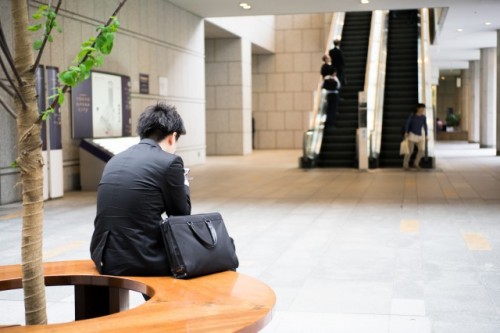
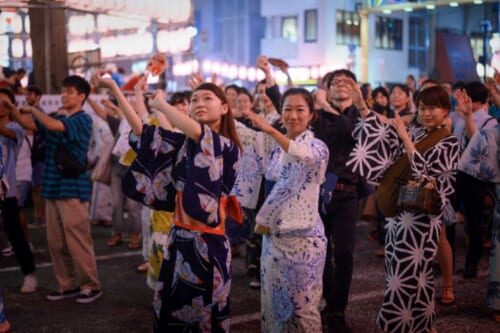
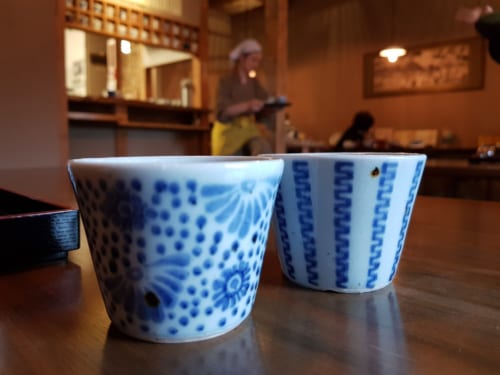


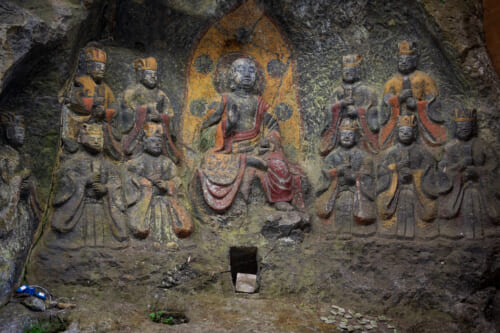
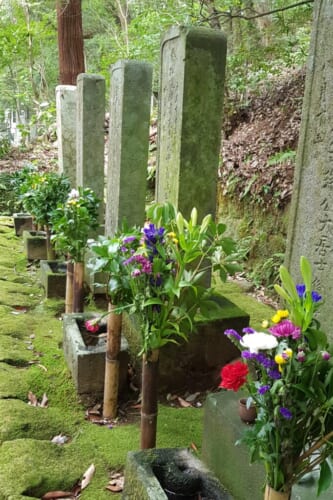
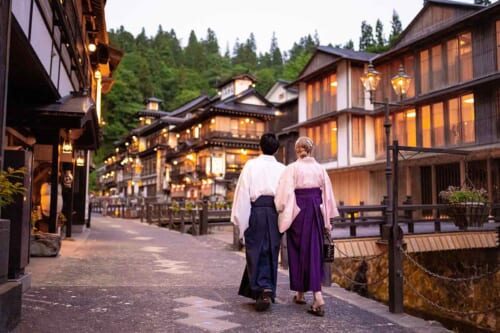


No Comments yet!